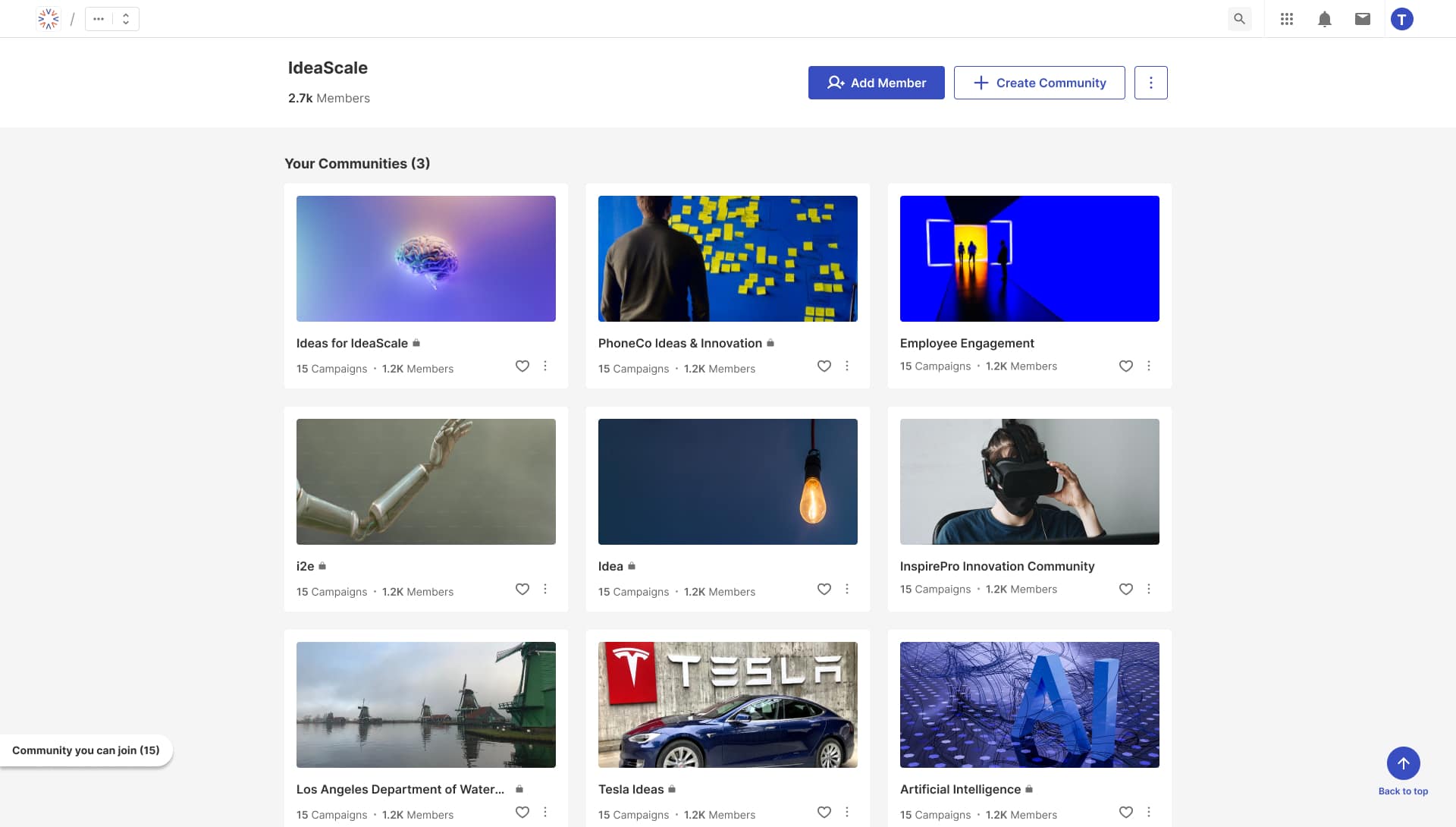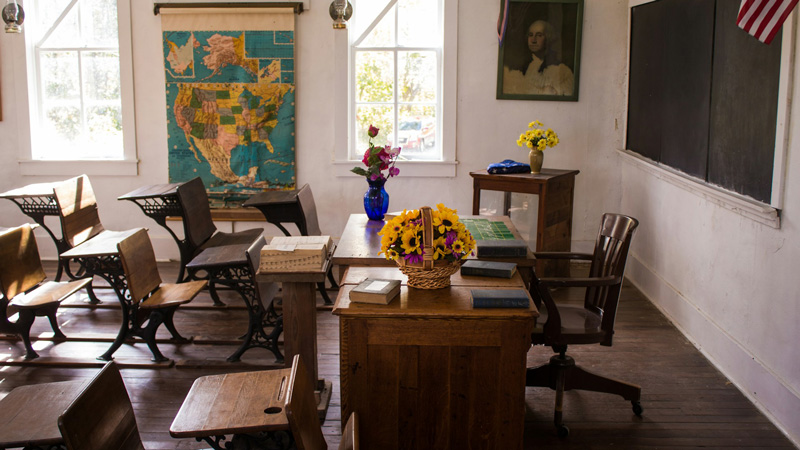Overview: Doctors Without Borders/Médecins Sans Frontières (MSF) has always been in need of innovation, so it took advantage of its natural organizational structure and the broad range of talent involved to develop a new innovation unit in 2010 that was updated in 2017 and has produced several improvements to how MSF does its crucial work.
The Challenge
Doctors Without Borders/Médecins Sans Frontières (MSF) as an organization is uniquely “flat” in its structure. This is by necessity, as its staff has to be nimble to confront challenges as they arise in places with limited access to communication tools and medical resources. It’s also attracted a wide range of talent since it was founded five decades ago, which it felt it wasn’t tapping the full potential of to achieve its mission.
In 2010, MSF decided to make better use of its team and its structure, with the “Think Up” platform.
The Solution
Think Up is a crowdsourcing platform that brings MSF’s challenges straight to its team. Its internal innovation group is presented with operational issues and long-term goals that it carefully restates as problem statements.
International moderators then take those problem statements to build teams across interdisciplinary lines. Then it’s launched as a campaign, with an introductory email, and explanatory videos, and hosts a series of events and webinars to discuss possible approaches.
Built on the IdeaScale platform, ideas are reviewed for how apt they are for the challenges, and then put out to MSF’s full organization for voting and discussion. Anyone can share comments or vote, across the entire team, and it’s encouraged to be as active on the platform as possible. Top ideas are carefully refined by the creator to shape them into something actionable, with initial development and review following.
Proof of concept, or a pilot program, is then launched, and then the call’s made to either scale up the idea or refine it further.
The Benefits
Among the ideas, this program has created are telehealth tools to help MSF doctors monitor patients taking drugs for multi-drug-resistant tuberculosis (MDRTB); educational gaming software for kids that was launched to help them study and cope during an Ebola outbreak; and adaptations of medical records systems to be more robust in the face of limited connectivity and resources.
A deeper benefit, though, is that everyone in MSF is aware of the challenges by regularly assessing its needs and communicating them to the entire organization. This can be a difficult problem normally, considering that the team operates in 72 countries and speaks a multitude of languages.
Therefore, innovation puts them on the same page, making them better able to understand global needs in a way that other tools don’t. Listening to the problems, interacting with them, pitching ideas, and voting and commenting on others brings a team already committed to improving the world more closely together.
To learn more about how MSF has built a top innovation platform, check out IdeaScale’s case study. And if you’re looking to develop your own innovation strategy, learn how great teams create great ideas.
Most Recent Posts
Explore the latest innovation insights and trends with our recent blog posts.













